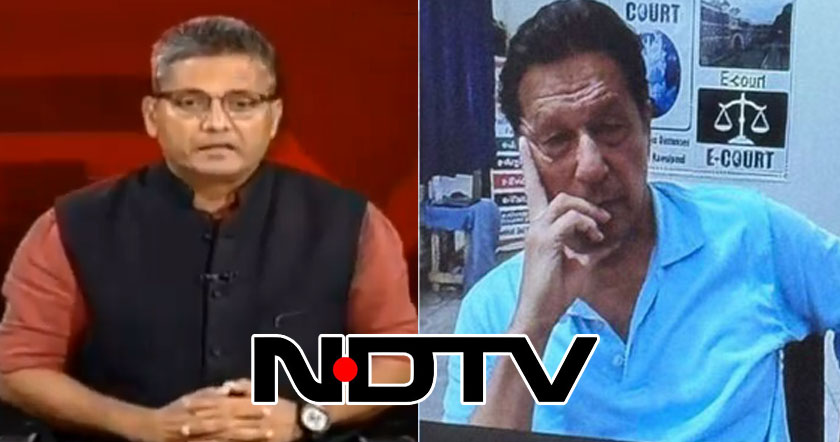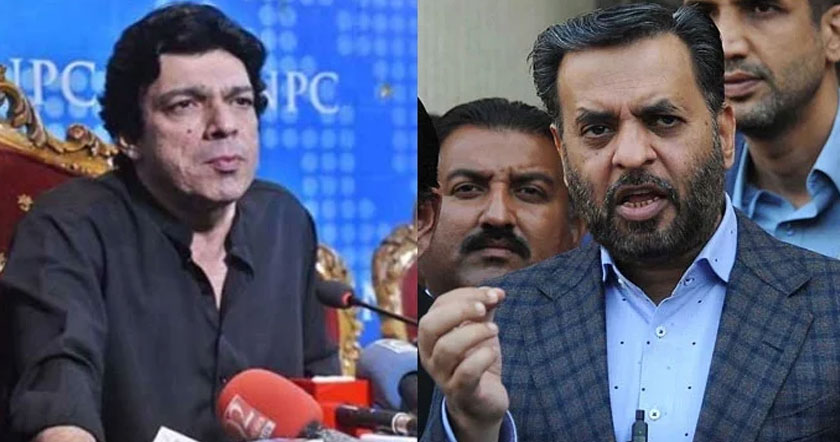I read an interesting article which I would like to share.
Is music prohibited in Islam?
The sections of this article are:
1- Is music prohibited in Islam?
2- The definition of the Psalm or Psalms.
3- Does this mean that we (Muslims) must play music while we pray?
4- Did Allah Almighty or Prophet Muhammad peace be upon him prohibit music?
5- Prophet Muhammad peace be upon him allowed music.
6- Conclusion.
7- My notes on music and music videos that use foul language and sinful acts.
Some Muslims believe that Music is prohibited/sinful in Islam. According to Islam: Music that leads to sinful acts such as drugs, sex, violence, etc... is absolutely sinful in Islam. But otherwise, how would it be sinful when Allah Almighty Himself allowed it to Prophet David peace be upon him?
Narrated Abu Musa: "That the Prophet said to him 'O Abu Musa! You have been given one of the musical wind-instruments of the family of David.' (Translation of Sahih Bukhari, Virtues of the Qur'an, Volume 6, Book 61, Number 568)"
Let us look at Noble Verse 4:163"We have sent thee inspiration, as We sent it to Noah and the Messengers after him: we sent inspiration to Abraham, Isma'il, Isaac, Jacob and the Tribes, to Jesus, Job, Jonah, Aaron, and Solomon, and to David We gave the Psalms."
Let us look at Noble Verse 17:55"And it is your Lord that knoweth best all beings that are in the heavens and on earth: We did bestow on some prophets more (and other) gifts than on others: and We gave to David (the gift of) the Psalms."
In the above Saying (Hadith) and Noble Verses, we clearly see that Allah Almighty did send the Book of Psalm to Prophet David peace be upon him. We also see that Allah Almighty called that Book a gift. If Allah Almighty allowed David peace be upon him and his followers to sing and play music, then how could we then claim that music is sinful and prohibited?
The definition of the Psalm or Psalms:
First let us define what the word "Psalm" or "Psalms" mean:
A collection of sacred poems forming a book of canonical Jewish and Christian Scripture.
Often capitalized [Middle English, from Old English psalm, from Late Latin psalmus, from Greek psalmos, literally, twanging of a harp, from psallein to pluck, play a stringed instrument]
First appeared before 12th Century
A sacred song or poem used in worship; especially : one of the biblical hymns collected in the Book of Psalms
From the America Online Dictionary.
Does this mean that we (Muslims) must play music while we pray?
I was asked this question before. My answer is: No, that is not what I am suggesting! In Islam, Prophet Muhammad peace be upon him was inspired the instructions that taught us how to pray. Muslims do not sing nor play music while they pray, and it is prohibited to play music or sing while praying to Allah Almighty in Islam. But the point I am trying to make is, if Allah Almighty allowed music and songs to be played to people before us, then what gives us the right to prohibit music now?
Did Allah Almighty or Prophet Muhammad peace be upon him prohibit music?
There is not a single Noble Verse in the Noble Quran that prohibits music. In fact, music and songs are allowed in the Noble Quran as we saw above. Some Muslims however claim that Prophet Muhammad peace be upon him did prohibit music. Well, the section below actually proves the otherwise from the Sayings of Prophet Muhammad himself.
Muslims must also remember that when Prophet Muhammad peace be upon him reached the Holy City of Madina from the Holy City of Mecca with his best friend Abu Bakr; may Allah Almighty always be pleased with him, the Muslims played music and sang the famous Islamic song "Talaa El-Badru Alayna" which means "The full moon had come upon us."
The music that Prophet Muhammad peace be upon him prohibited was the one that the infidels used to play which involved sexual activities by the women. It was part of the pagan Arabs' custom, and Prophet Muhammad peace be upon him wanted to prevent Muslims to be anywhere near that type of music, because it was a sinful music; a music that led to sinful activities.
Prophet Muhammad peace be upon him allowed music:
From Bukhari Volume 2, Book 15, Number 70:
Narrated Aisha:
Allah's Apostle (p.b.u.h) came to my house while two girls were singing beside me the songs of Buath (a story about the war between the two tribes of the Ansar, the Khazraj and the Aus, before Islam). The Prophet (p.b.u.h) lay down and turned his face to the other side. Then Abu Bakr came and spoke to me harshly saying, "Musical instruments of Satan near the Prophet (p.b.u.h) ? " Allah's Apostle (p.b.u.h) turned his face towards him and said, "Leave them." When Abu Bakr became inattentive, I signaled to those girls to go out and they left. It was the day of 'Id, and the Black people were playing with shields and spears; so either I requested the Prophet (p.b.u.h) or he asked me whether I would like to see the display. I replied in the affirmative. Then the Prophet (p.b.u.h) made me stand behind him and my cheek was touching his cheek and he was saying, "Carry on! O Bani Arfida," till I got tired. The Prophet (p.b.u.h) asked me, "Are you satisfied (Is that sufficient for you)?" I replied in the affirmative and he told me to leave.
This same Hadith is reported to us again in Sahih Muslim:
Book 004, Number 1942:
'A'isha reported: The Messenger of Allah (way peace be upon him) came (in my apartment) while there were two girls with me singing the song of the Battle of Bu'ath. He lay down on the bed and turned away his face. Then came Abu Bakr and he scolded me and said: Oh! this musical instrument of the devil in the house of the Messenger of Allah (may peace be upon him)! The Messenger of Allah (may peace be upon him) turned towards him and said: Leave them alone. And when he (the Holy Prophet) became inattentive, I hinted them and they went out, and it was the day of 'Id and negroes were playing with shields and spears. (I do not remember) whether I asked the Messenger of Allah (may peace be upon him) or whether he said to me if I desired to see (that sport). I said: Yes. I stood behind him with his face parallel to my face, and he said: O Banu Arfada, be busy (in your sports) till I was satiated. He said (to me): Is that enough? I said: Yes. Upon this he asked me to go.
Once again in Bukhari, this event is recorded:
Volume 5, Book 58, Number 268:
Narrated Aisha:
That once Abu Bakr came to her on the day of 'Id-ul-Fitr or 'Id ul Adha while the Prophet was with her and there were two girl singers with her, singing songs of the Ansar about the day of Buath. Abu Bakr said twice. "Musical instrument of Satan!" But the Prophet said, "Leave them Abu Bakr, for every nation has an 'Id (i.e. festival) and this day is our 'Id."
And then in Bukhari, another Hadith relates a connection between musical instruments and the family of David (saw). Further evidence that, indeed, the Psalms were musical in nature:
Volume 6, Book 61, Number 568:
Narrated Abu Musa:
That the Prophet said to him' "O Abu Musa! You have been given one of the musical wind-instruments of the family of David .'
And on one final note, I thought the following Hadith can also be used in the matter. The Hadith relates of how the adhan came to be, and how the Prophet's companions suggested the use of musical instruments such as the horn or bell like the People of the Book. Now although the Prophet ultimately approved the use of the human voice, there is no mention that the Prophet chastised his companions for suggesting musical instruments for the adhan. And if the Prophet was so very much against musical instruments, then why would his companions dare to suggest the use of such sinful things in the call to prayer????
From Muslim Book 004, Number 0735:
Ibn Umar reported: When the Muslims came to Medina, they gathered and sought to know the time of prayer but no one summoned them. One day they discussed the matter, and some of them said: Use something like the bell of the Christians and some of them said: Use horn like that of the Jews. Umar said: Why may not a be appointed who should call (people) to prayer? The Messenger of Allah (may peace be upon him) said: O Bilal, get up and summon (the people) to prayer.































